We spoke with this year’s Queensland Law Society First Nations Award winners to learn a bit more about them and discuss their involvement with achieving justice outcomes for First Nations peoples.
The First Nations Student Award acknowledges a law student of Aboriginal or Torres Strait Islander descent who has improved justice outcomes for First Nations communities.
Law student Renee Kyle is this year’s First Nations Student of the Year Award recipient.
Could you tell me a little bit about yourself?
I was born and raised in Brisbane. My mother has always been my role model and mentor and I can’t thank her enough for the support she has given me. I completed Grade 12 at Cavendish Road State High School. On my father’s side, I am a proud Aboriginal woman descending from the Koa people whose traditional homelands are where the town of Winton is situated.
What are your interests outside of the law?
I enjoy spending time with family and friends and going to the beach. The water and air really soothes my soul. Downtime certainly is Netflix and Candy Crush and possibly a TikTok or two with my 13-year-old daughter.
Why did you want to pursue law?
I really enjoyed legal studies at high school. Upon graduating from Year 12, I was lucky enough to be successful to undertake a traineeship in the Office of the Director of Public Prosecutions. I have been with the Queensland Public Service for 21 years, with the Department of Justice and Attorney-General (DJAG). I have seen first-hand the effects of previous government policies and how it impacts on my people.
It is these impacts that have inspired me to work for the Queensland Government and undertake a Bachelor of Laws to influence change, drive capabilities and work with community organisations who too are passionate about social justice changes for Aboriginal and Torres Strait Islander people and the broader Queensland community. I always saw the benefits of education and knew it was time and I really wanted to be a role model for my children. The Court Innovation Program has also been fully supportive and assisted me throughout the years to undertake the Bachelor of Laws.
In what way would you like to see the legal profession develop, to further improve the advancement of First Nations peoples?
I would love to see more First Nations lawyers and barristers as well as judges. So, having inclusive legal education is critical to achieving this long-term objective. I would also like to see the ethical and legal framework include a duty of cultural competency as part of a lawyer’s duty of competence to increase access to justice, and to ensure the existing gap in access to justice is not widened for Aboriginal and Torres Strait Islander peoples.
How does your current working role improve the wellbeing of Indigenous Australians?
I have been working in the Indigenous justice space since 2006 and I am currently the Manager of Indigenous Justice Programs (Projects) within the Court Innovation Program. In my role, I lead a team of three staff who primarily work with community justice groups to develop a local response to domestic and family violence in their Indigenous discrete communities.
Further, my team provide training and support to the Indigenous Justice Programs staff and community justice groups across Queensland. I am also responsible for other Indigenous projects such as the Stronger Community Justice Group framework and the Magistrates Courts of Queensland Reconciliation Action Plan which all aim to improve the wellbeing of Indigenous Australians.
I also do casual work as a Relief Youth Worker for Bahloo Women’s Youth Shelter. This community organisation provides support for homeless young women, primarily Aboriginal and Torres Strait Islander young women aged 16-21 years of age. The work of Bahloo has produced positive outcomes for young women who have transitioned home or into independent or shared accommodation and ultimately improves the wellbeing of our young people.
How can other students or the general community help in achieving justice outcomes?
Work together towards reconciliation. Reconciliation is more than a word and it requires action. People need to be open to learning, be proactive and remember that their education on the experiences of First Nations is on them. Reconciliation is more than ticking a box or running a morning tea in National Reconciliation Week. People should hear the stories and read the commentary on the experiences of Aboriginal AFL players.
Renee Kyle has demonstrated an ongoing contribution to improved justice outcomes for First Nations communities. She has shown a commitment to using her legal knowledge to stand up for Indigenous rights.
QLS acknowledges First Nations people as Australia’s original custodians and inhabitants, respects their cultural distinctions and values their rich contribution to Queensland and Australia as a whole.
You can become part of positive change for First Nations people and effect policy and legislative change in Queensland.


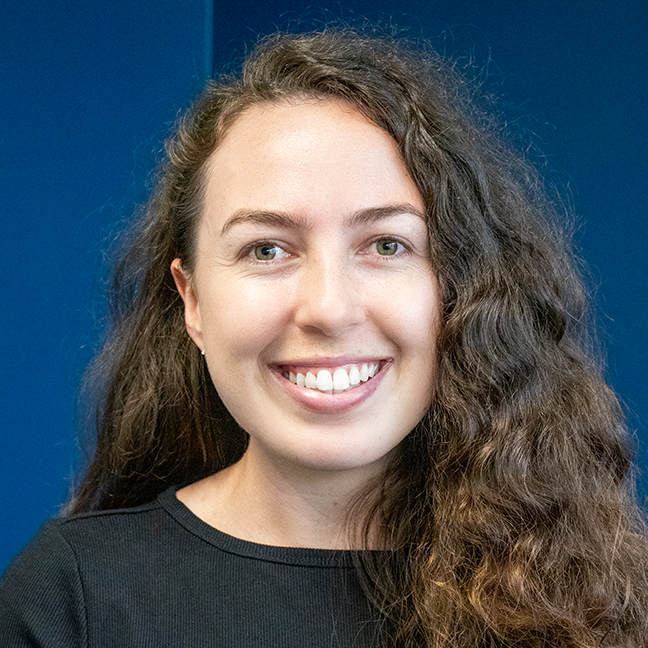
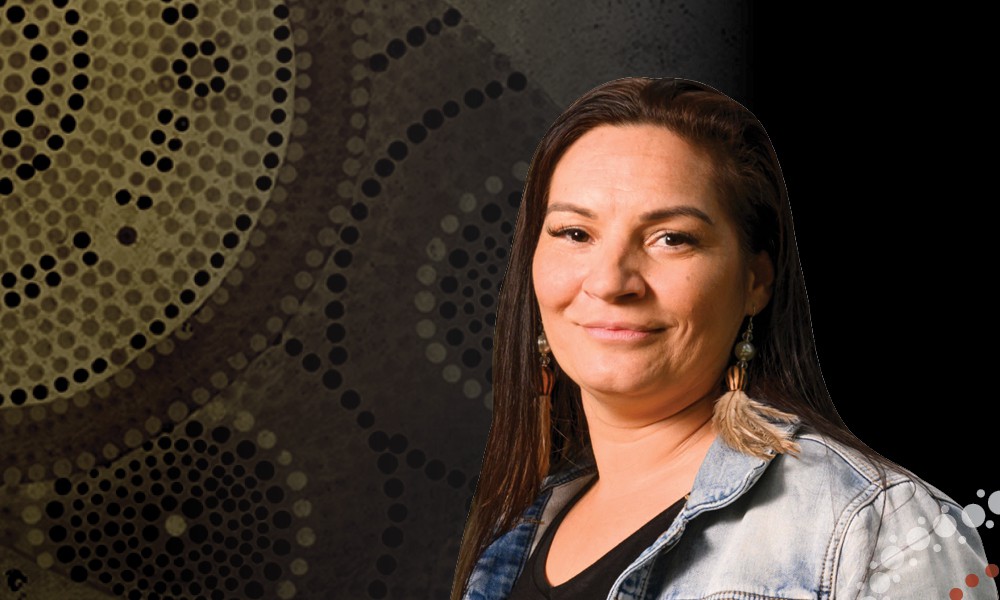


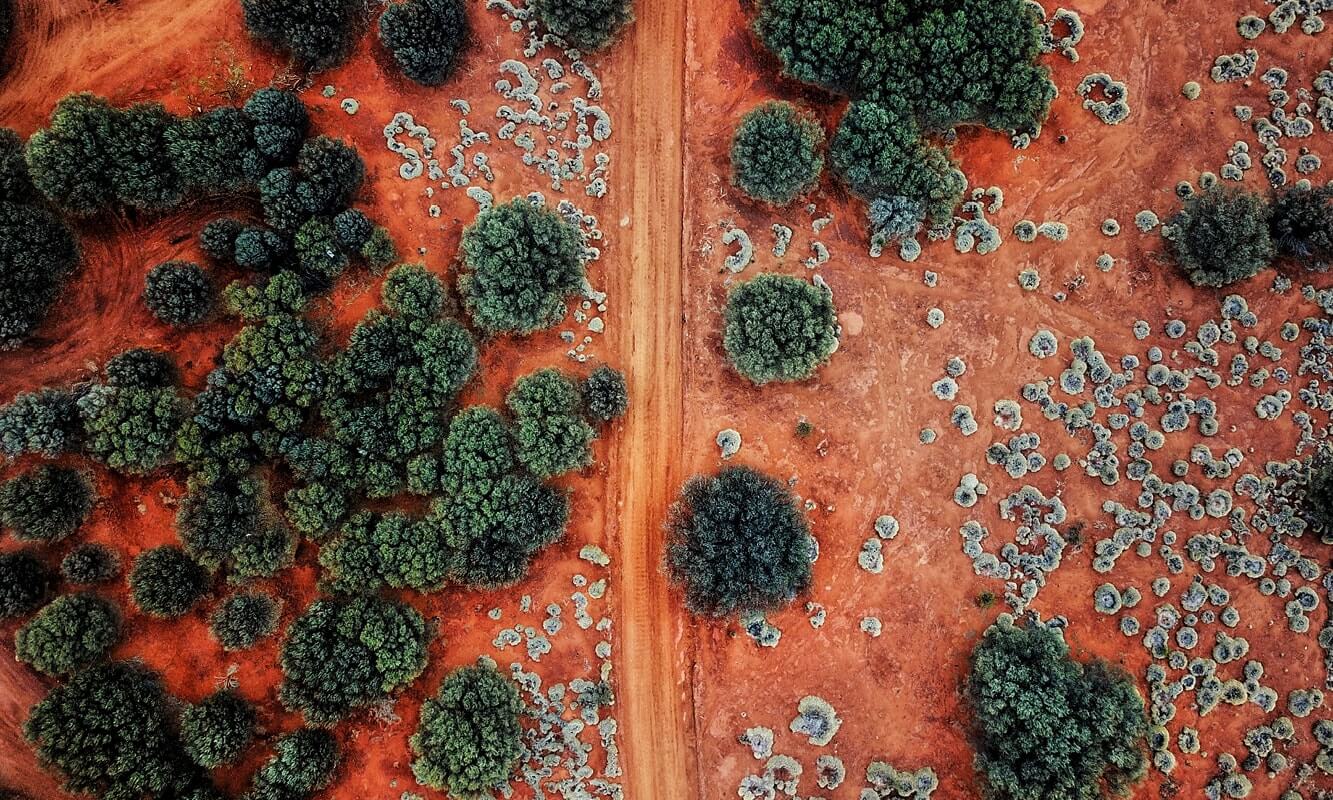
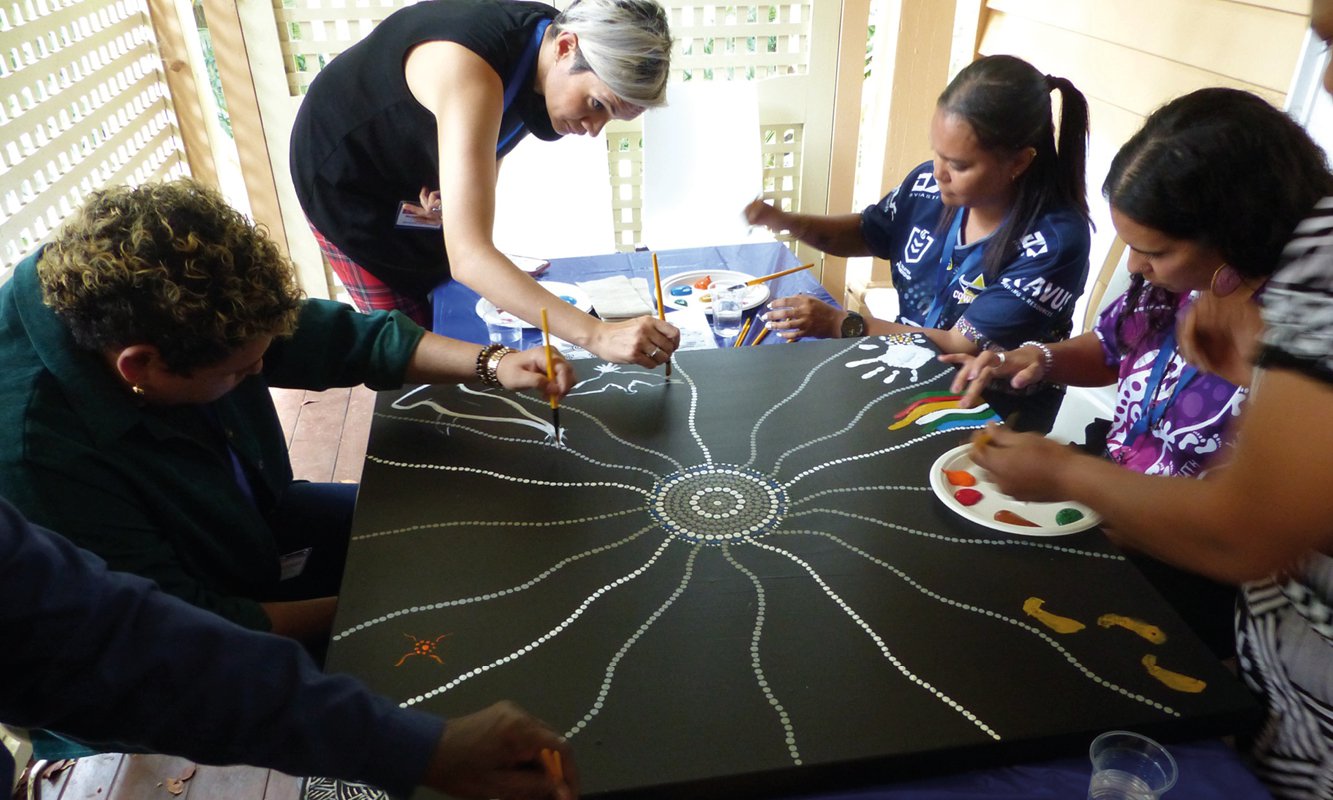
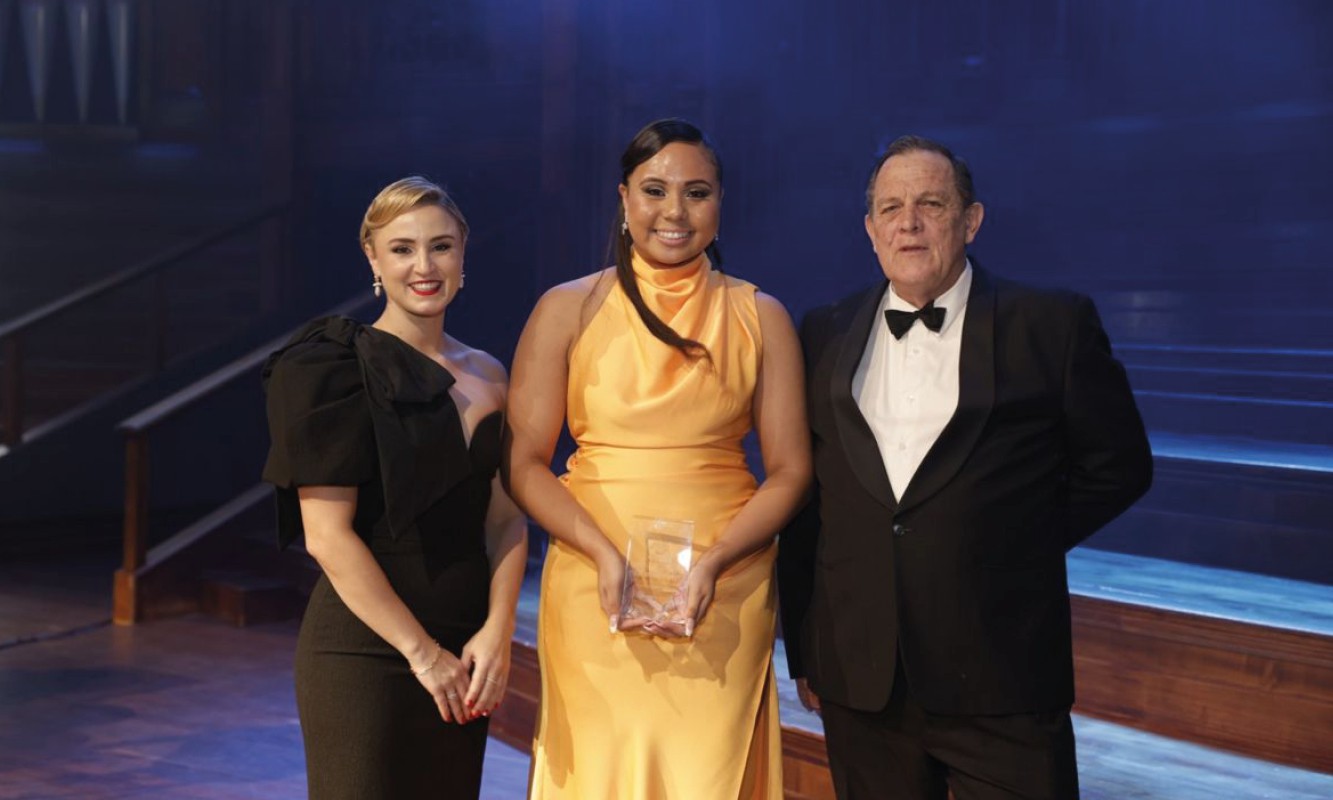
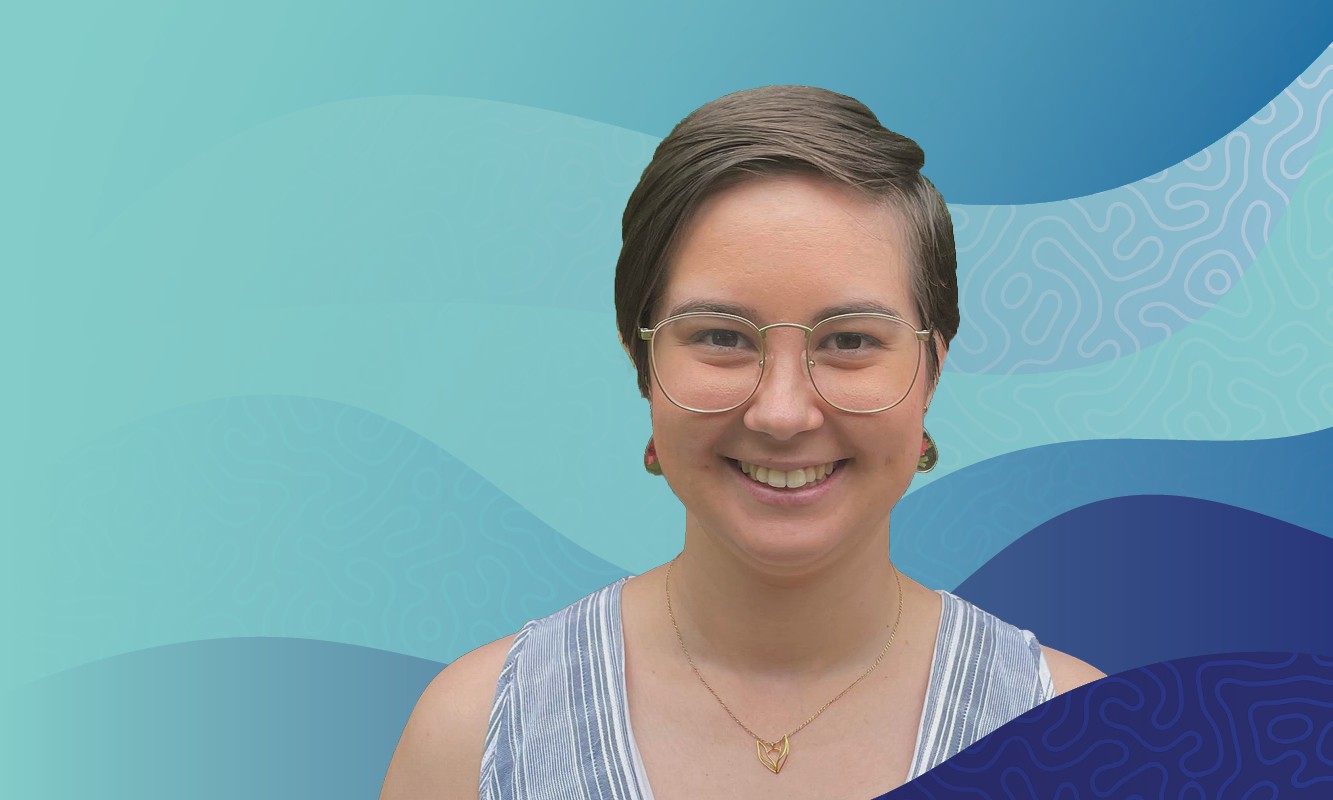
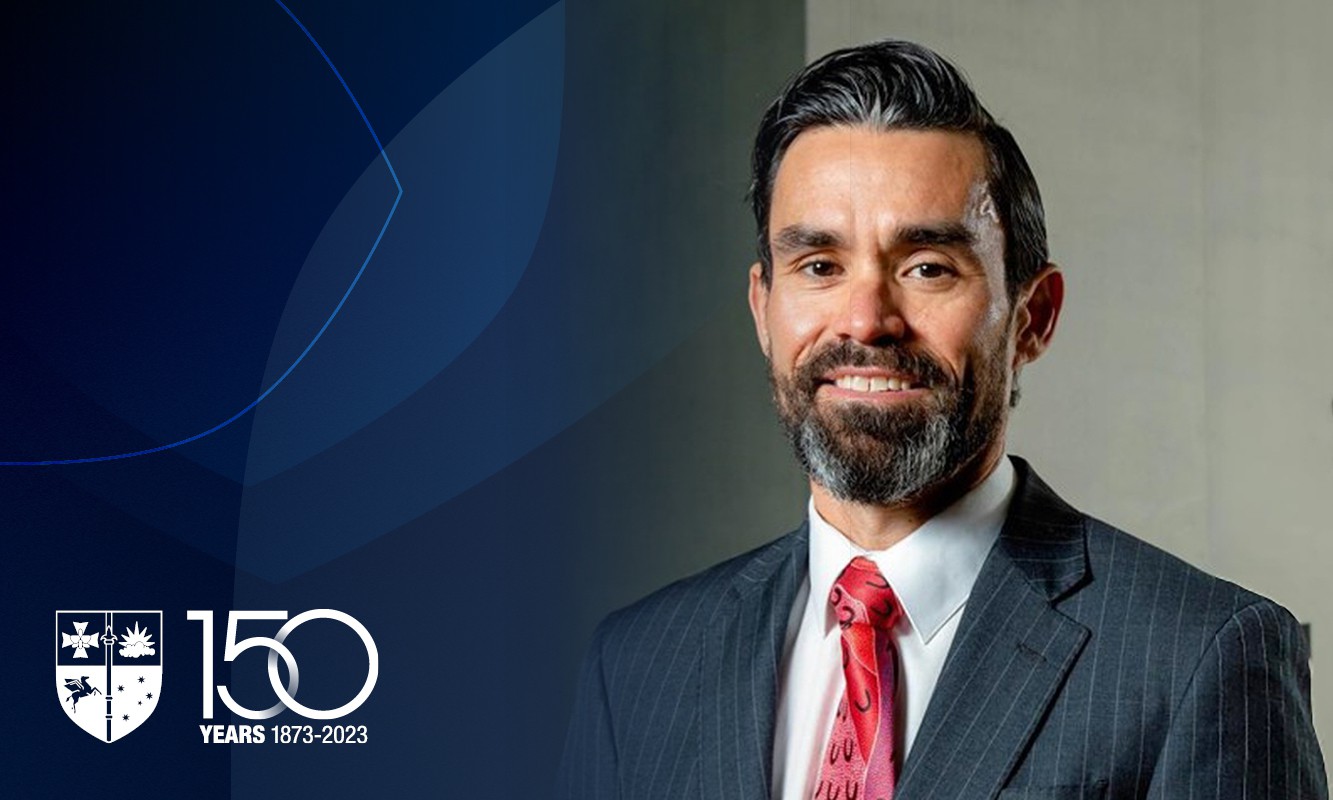

Share this article